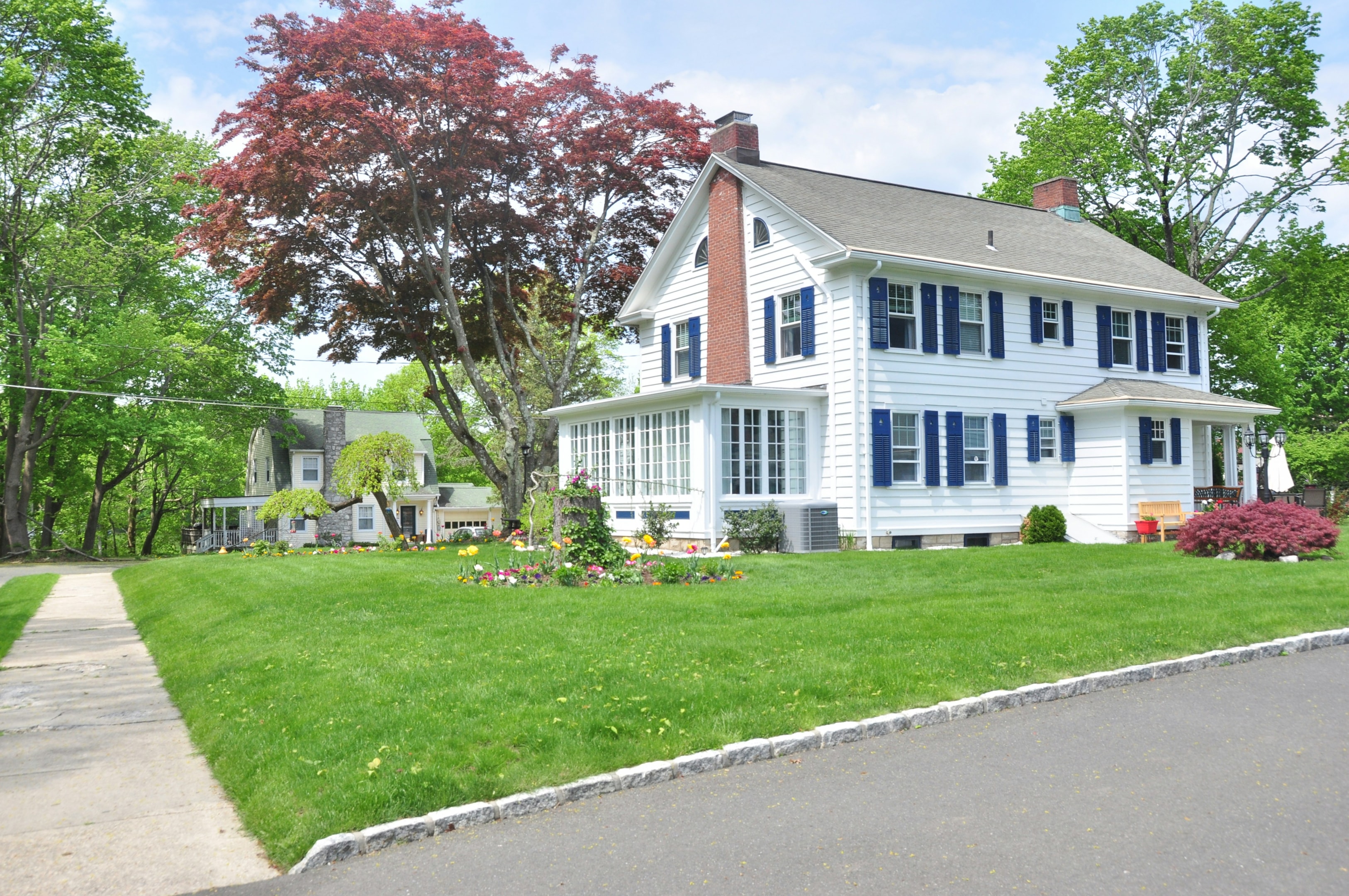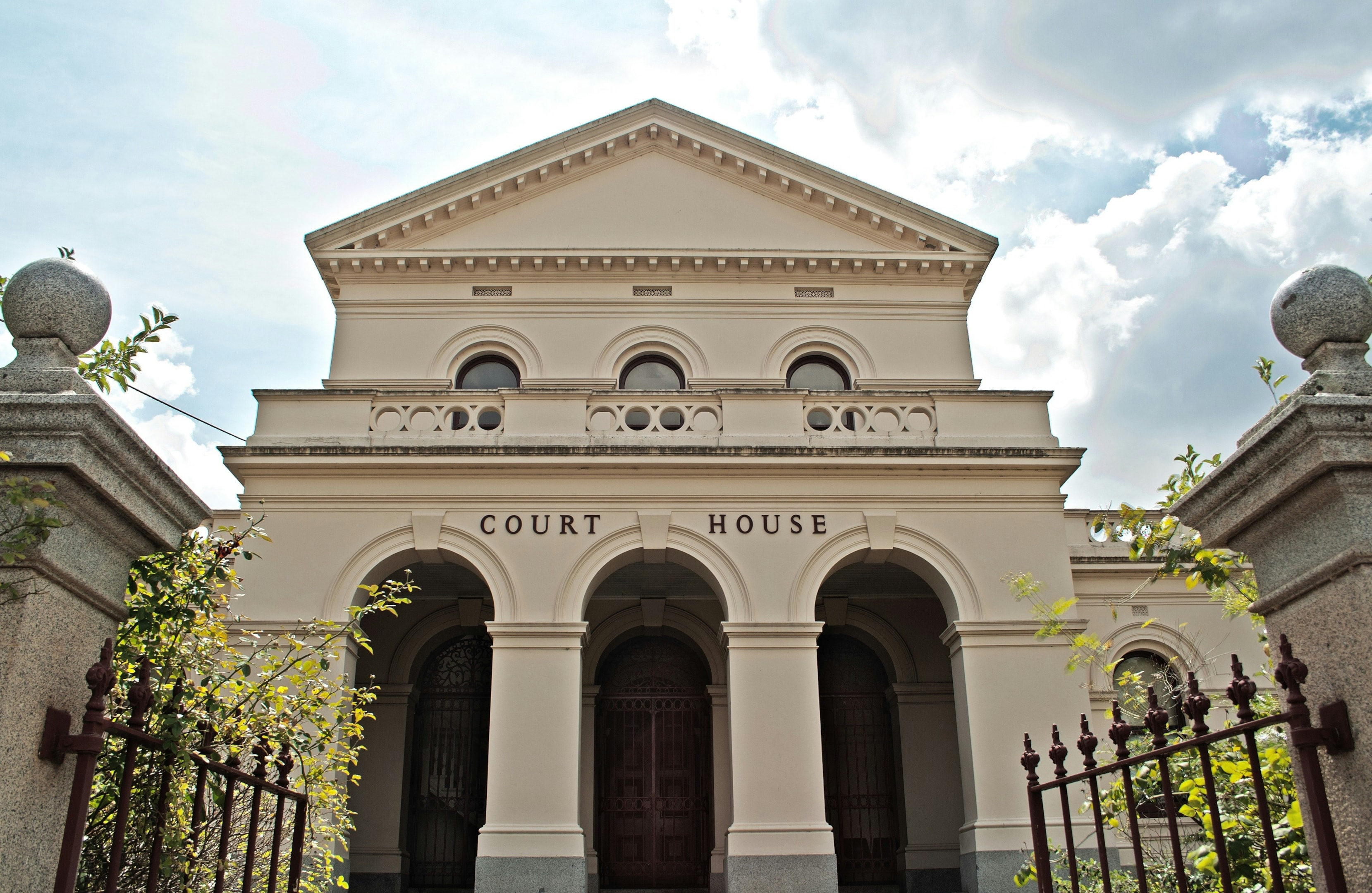Probate Sale: The Real Estate Investor's Hidden Goldmine
Introduction: What Is a Probate Sale?
A probate sale is the court-supervised sale of a deceased person's property. When someone passes away and leaves behind a house—whether there's a will or not—legal proceedings determine how the property will be handled. A probate sale happens when the property must be sold to settle debts, pay taxes, or distribute assets to heirs, governed by state law. The property can't be sold like a normal listing; it must go through probate to ensure legal transfer to heirs or to satisfy debts. Savvy real estate investors find opportunity here: many probate properties are under-maintained, priced below market value, and often sold by heirs eager to close quickly, making probate sales a hidden goldmine for those who know how to navigate them.

The Basics of a Probate Sale
Probate begins when someone files the deceased person's will or estate paperwork with the court. This legal process determines how the assets, including real property such as real estate, will be distributed. To learn more about how probate is often a valuable niche of investing to get into, read How to Find Probate Properties: The Ultimate Guide for Investors and Buyers.
Who Controls the Sale?
If there's a will: The executor named in the will handles the sale.
If no will: The court appoints an administrator.
Both are responsible for settling debts, paying taxes, and distributing property, which often includes selling the house.
How the Probate Process Works
1. The Estate is Opened
A probate case is filed, and the court officially recognizes an executor or administrator.
2. Property is Appraised
The court typically requires a certified appraisal of the property value to protect the heirs' interests.
3. Sale is Approved or Administered
Depending on the court authority, the executor may sell with or without court approval.
Types of Probate Sales
Court-Confirmed Sales
This type of probate sale requires a public court hearing where the sale must be approved by the probate court. During this hearing, the initial accepted offer is presented, but prospective buyers have the opportunity to "overbid" or submit higher bids in open court. This competitive bidding process can sometimes drive the final sale price above the original offer. The court's involvement ensures transparency and fairness, but it can also extend the timeline of the sale. Buyers should be prepared to attend the hearing and understand that the sale is not final until the court confirms it.
Independent Administration
In this probate sale type, the executor or personal representative is granted the authority to sell the property without needing court approval for each transaction. This allows for a faster, more flexible sale process since the property can be listed, marketed, and sold much like a traditional real estate transaction. However, the executor still has a fiduciary duty to act in the best interest of the estate and the heirs. Independent administration is often preferred when the estate is straightforward, and all parties are in agreement, helping to reduce delays and court costs.
Summary Probate
Summary probate is a simplified probate process available for small estates, with thresholds varying by state. It involves fewer formalities and less court oversight, making it quicker and less costly than traditional probate. For investors, summary probate sales can be attractive due to the expedited timeline and reduced legal hurdles. However, eligibility requirements must be met, and the process still ensures that debts are settled and assets are properly distributed. This streamlined approach can make buying probate properties more accessible, especially for smaller estates.
Why Probate Sales Are a Hidden Goldmine
1. Less Competition
Most agents and retail buyers avoid probate listings because of the legal complexity. That means fewer offers to compete with.
2. Heirs Are Motivated
Heirs often inherit a property they don't want to manage. They're focused on closing fast—not maximizing sale price. To learn about connecting with the heirs, see How to Approach a Family Selling a Probate Home: Best Practices and Tips.
3. Properties Are Often Discounted
Because they're typically sold "as-is," probate homes can be purchased at a significant discount—especially if they need repairs.

Where to Find Probate Leads
1. County Courthouse Records
A reliable way to find probate sale leads is by searching county courthouse records. These public records include probate filings by name, case number, or date filed. Accessing them may require visiting the courthouse or using online portals. While free, it takes effort to locate and interpret the data. Learning to navigate these records can give you an edge in finding probate properties before they're widely known. To learn what to look for when searching through public records, see How to Use Public Records to Find Deals: A Practical Guide.
2. Probate Lead Services
Probate lead services compile probate data from multiple sources, saving you time on research. Services like USLeadList and ForeclosuresDaily provide updated lists of probate filings with contact details for personal representatives or heirs. Though paid, these services streamline lead generation, letting you focus on outreach and deals. For serious investors, the time saved and quality of leads can be worth the cost.
3. Attorney and Estate Planner Referrals
Networking with probate attorneys and estate planners gives you access to exclusive probate sale opportunities. These professionals often learn first when someone needs to sell a probate property and can connect you with motivated sellers. Building relationships with legal experts positions you as a trusted resource and can provide a steady flow of quality probate leads.
How to Approach Probate Sellers
Every probate situation is unique, often involving different family members who may have emotional and legal interests in the estate. It's important for the personal representative to communicate openly with family members throughout the probate process, especially when handling the sale of property. Probate sellers are grieving or overwhelmed. Treat them like humans—not deals.
Tips for Better Communication
Use empathetic language like "We help families…" rather than "I buy houses fast," avoid creating pressure or urgency, and maintain consistent but respectful follow-up. Successful probate marketing focuses on building trust first and then offering helpful solutions. To learn more about how to effectively connect with these sellers, read How Probate Investors Can Offer Value To Surviving Spouses.
Evaluating Probate Properties
Probate homes come with their quirks. Since the previous owner is deceased, they cannot disclose any issues with the property, making it essential for buyers to conduct a thorough home inspection before purchasing. Many probate properties are vacant or inherited in poor shape, and buyers should perform due diligence to uncover any potential problems. Additionally, unlike regular sales, buyers typically cannot negotiate repairs or request modifications, so understanding the property's true condition is crucial. Some probate homes are tenant-occupied or full of personal belongings.
Watch for:
Code violations
Deferred maintenance
Squatters or inherited tenants
Unknown liens or debts
Run a full title search and estimate rehab costs conservatively.

Making Offers That Get Accepted
In probate, price matters—but terms matter more. During the probate sale process, potential buyers may submit offers or bids on the property, with the final sale price often determined through court proceedings, meaning buyers may not know the exact amount until the process concludes. To make a strong offer, consider making a cash offer to make your bid more attractive and help streamline the transaction. Be prepared to provide a down payment, typically 10% of your offer, often in the form of a cashier's check, which is usually required to secure your offer and credited toward the purchase price at closing. In competitive bidding situations, offering more money can increase your chances of winning the property, especially if multiple parties are interested.
Make Your Offer Stand Out
To make your offer stand out in a probate sale, use a probate-specific purchase agreement, offer to pay closing costs, be flexible with the closing timeline, and consider providing a non-refundable earnest deposit. In states with court-confirmed sales, be prepared for a public "overbid" process and have a backup offer strategy ready.
Financing a Probate Purchase
Is Cash Required?
Not always, but it helps—especially if the seller wants a quick close or you're in a court-confirmed scenario.
Use of Hard Money or Private Lenders
Yes, both are commonly used in probate deals. Just ensure your lender can meet longer timelines if court delays occur. To learn more methods of creatively financing for real estate, see Creative Financing for Real Estate Investors: Top Tips to Save Money.
Can You Wholesale Probate Properties?
Wholesaling probate properties differs significantly from regular sales and traditional real estate transactions. Unlike the typically faster, less regulated process of traditional sales overseen by agents without court supervision, probate sales are court-controlled, often sold as-is, and involve more legal oversight. While wholesaling probate properties is possible, it requires caution: always disclose your assignment to the seller, carefully review contracts for any restrictions on assignment, and maintain clear, transparent communication with all parties involved. To learn more about wholesaling in these instances, see Essential Real Estate Wholesaling Tips for Success in Your Journey.
Fix and Flip vs. Buy and Hold
When to Flip
Flipping a probate property is ideal when the property is distressed, located in a hot resale area, and you can add equity through renovations to increase its market value.
When to Hold
Holding a probate property makes sense if there is a good rental market, you seek steady cash flow and tax benefits, and you expect strong long-term appreciation.
Common Probate Sale Pitfalls
Delays due to court hearings, disputes, required notices, or the need to settle the deceased's debts before distributing remaining assets
Heir disputes can stall or cancel sales
Title issues may surface if debts, liens, or judgments exist, as the estate may need to settle debts before transferring property
Vacancy or damage if the home is abandoned for months
Sale of probate property is often necessary to settle debts and distribute the deceased's assets to beneficiaries
Always build a buffer into your deal timeline and budget.
State Laws That Matter
Every state handles probate differently, as the probate process is governed by state law and can vary significantly. For example, California has the Independent Administration of Estates Act (IAEA) and allows court overbidding; Florida uses Summary Administration for small estates, which is super fast; and Texas grants independent executors more power with minimal court involvement. To navigate these differences effectively, use your local county court website or legal resources to research the specific probate laws and procedures in your area.

Conclusion: Tap Into This Overlooked Lead Source
Probate sales aren't just a niche—they're a serious strategy for real estate investors looking for consistent, high-profit deals. Once you understand the process, navigate the legal landscape, and build a system to find and approach these sellers, you'll unlock a stream of undervalued properties most investors ignore. Build relationships, stay compliant, approach with empathy, and always follow the money—because in probate sales, it's hiding in plain sight. To learn more, see Essential Guide: How to Sell Probate Property Quickly and Efficiently.